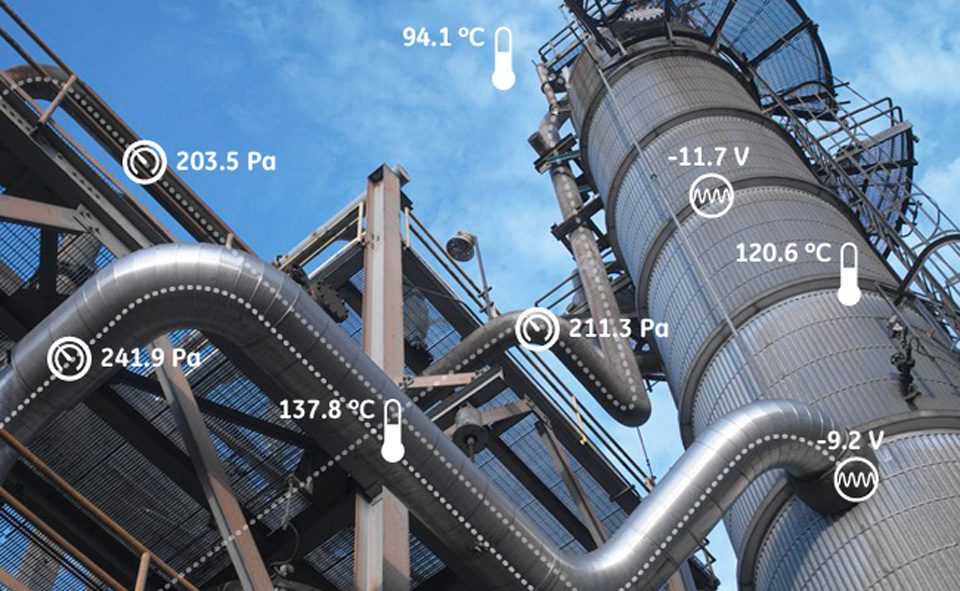Last week Deloitte launched its list of 500 fastest growing Asia-Pacific Technology companies.
At the Australian media briefing on the list and the company’s predictions for the telecommunications market in 2014 Deloitte’s Jolyn Barker and Eric Openshaw discussed the some of the implications of the report.
During the briefing Openshaw was asked about the risks of vendors creating their own Internet of Things standards to lock customters into proprietary platforms.
Openshaw isn’t convinced, “over time when technologies develop out of significant players in an attempt to create or extend a vertical stack, over time the market tends to revolt against that.”
“There’s usually one or two forces working against that, either the market revolts against it and insists on a new standard or the stack is too successful and regulators will come in and say ‘we don’t like your stack, dismantle it’ .”
His view is that in the long term issues of vendor lock-in and proprietary platforms fix themselves. “One way or another, these things can be problematic in the short run but typically over time they are resolved.”
Where Openshaw does see risks with lying in the security of machine to machine technologies.
“The security aspect just can’t be overstated in terms of how important it is,” says Openshaw. “When we have demonstrations now of being able to hack a pacemaker, that’s a problem.”
“So the security issues on these networks is important.”
The interplay between the software, network protocols and security is going to be complex and may well be what makes or breaks some vendors products.
It’s still early days to fully appreciate all the risks with the internet of machines, but securing networks and devices will be one of the most important tasks ahead for the industry.

Leave a Reply